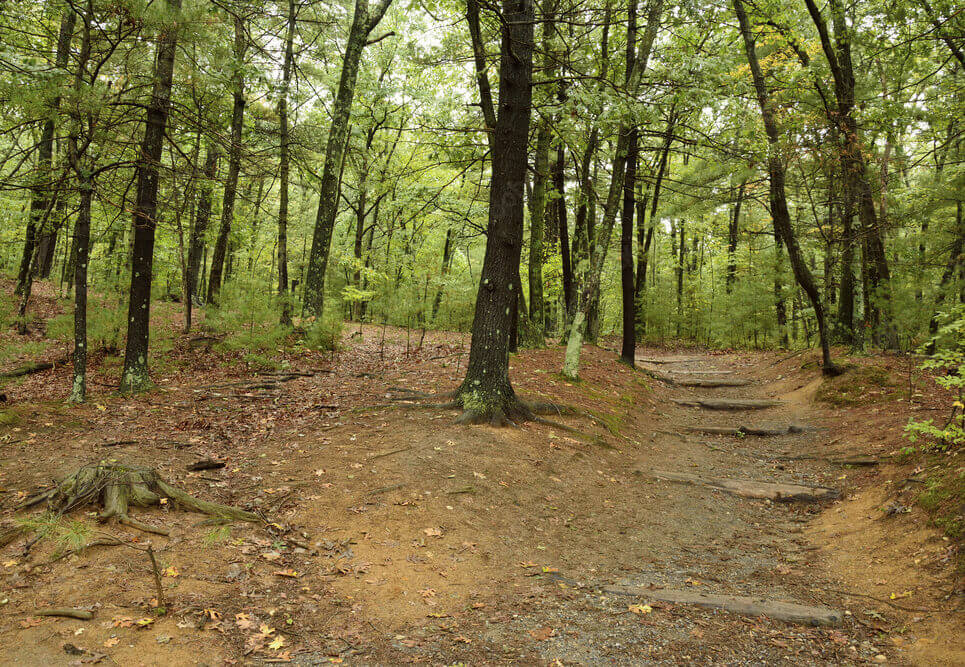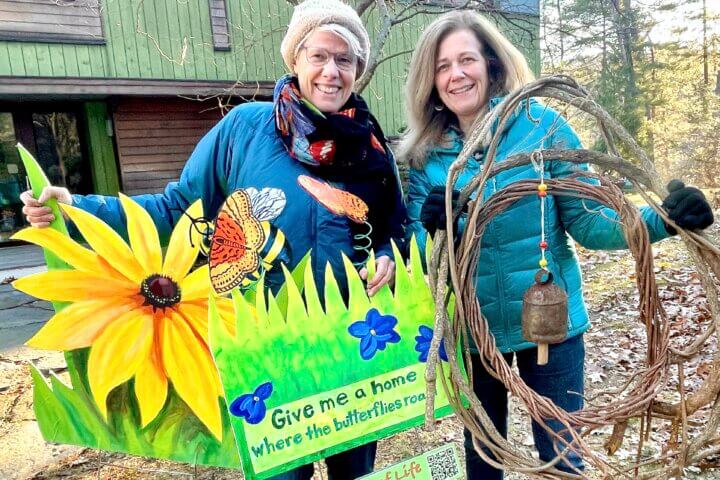Like many Concordians, I find myself walking where Henry David Thoreau walked. Not just the loop around Walden Pond, but also the ramble from Emerson’s house through Town Forest to the site where Thoreau’s cabin once was, Bear Garden Hill, Brister’s Hill, or the highland above October Farm that Thoreau stopped to explore while canoeing down the Concord and Merrimack rivers. I’m sure many readers of The Concord Bridge can add “Thoreau” walks of their own.
While walking, I find myself thinking back 50 years to an English course I took at Amherst College. Our professor provocatively taught that Thoreau failed to achieve the literary breakthrough he sought: capturing in words what it was like to adventure in the woods. Walden starts with one of the most famous manifestos in all American literature: “I went to the woods because I wished to live deliberately,” and “see if I could not learn what it had to teach, and not, when I came to die, discover that I had not lived.”
But a writer must translate personal experience into words that communicate to others what they have not experienced. And this, my professor taught, is an impossibility. The very act of writing creates distance between author and nature. The writer steps out of the woods and onto the page. And art simply cannot imitate nature. You can describe, paint, or photograph a sunset, but it is not the same as the real thing.
And art simply cannot imitate nature.
Thoreau
Frustrated in his attempt to communicate his own subjective encounter with nature, Thoreau frequently reverted to just giving us the cold, hard, objective facts, the way a scientist would. Instead of waxing romantically about how deep and bottomless the pond was – as legend had It in those days – he invented a way of measuring its depth, by lowering a weighted line through the winter ice until he hit bottom at 102 feet. So not bottomless but one of the deepest bodies of freshwater in Massachusetts.
Likewise, Thoreau didn’t just stop to smell the flowers in Concord – he kept track of when plants first flowered, and cataloged hundreds of species.
It turns out that Thoreau may have succeeded as an early climate scientist even if he failed, according to my professor, as a writer. Over the past decade, researchers from Boston University and Harvard have found that plants in Concord are flowering seven days earlier than they did in Thoreau’s day – a problem for successful pollination if the insects are not yet ready. Walden’ ice melts two weeks earlier than Thoreau recorded. Twenty-seven percent of the species documented by Thoreau have disappeared. Another 36 percent are threatened. This loss is occurring even though Walden and its surroundings have been mostly protected since Thoreau’s time. What hasn’t been protected is the climate. Concord’s mean annual temperature has climbed by 4 degrees Fahrenheit since Thoreau.
But I’m not sure my professor was right about Thoreau’s failure. Each time I sit at Walden, or swim in the pond, I ponder Thoreau’s unscientific description of Walden as “Earth’s eye.” I expect him to mean that the pond is a window where Earth looks out on us. But he says something new – that we go to nature to find mirrors in “which the beholder measures the depth of his own nature.” And that depth turns out to be bottomless.





